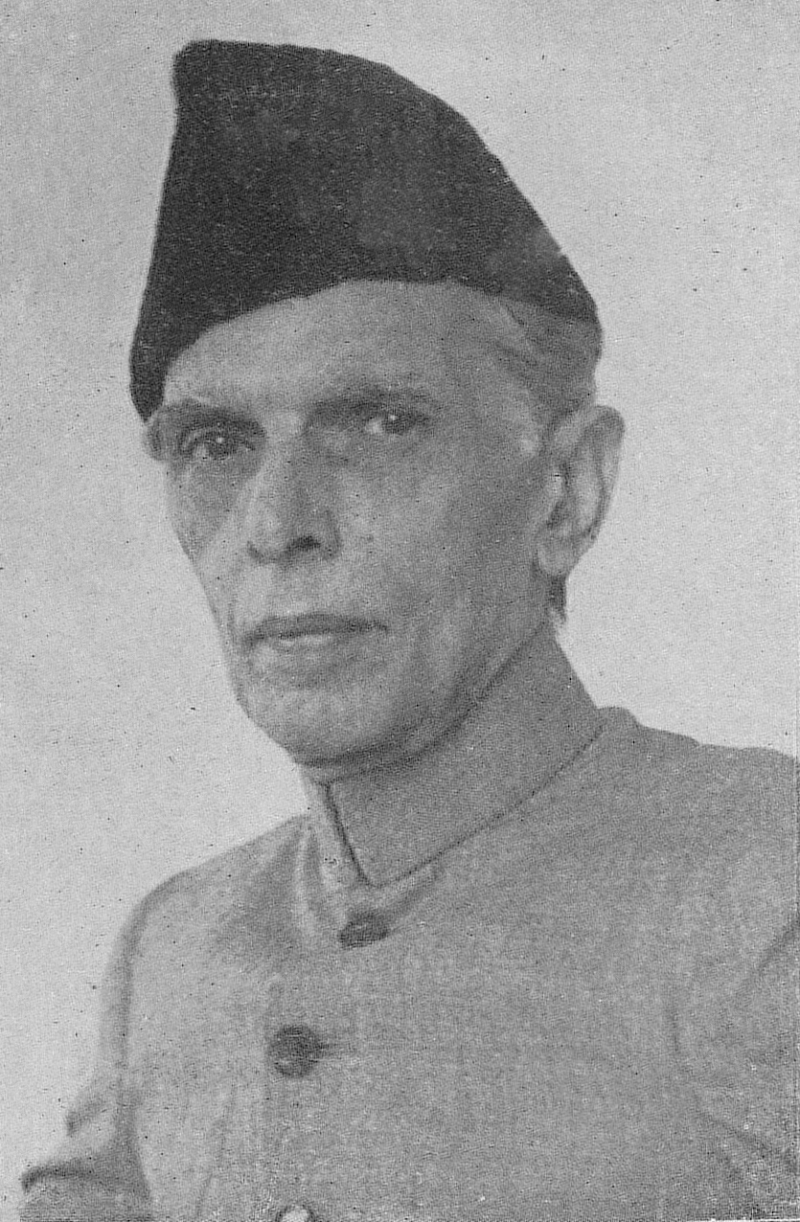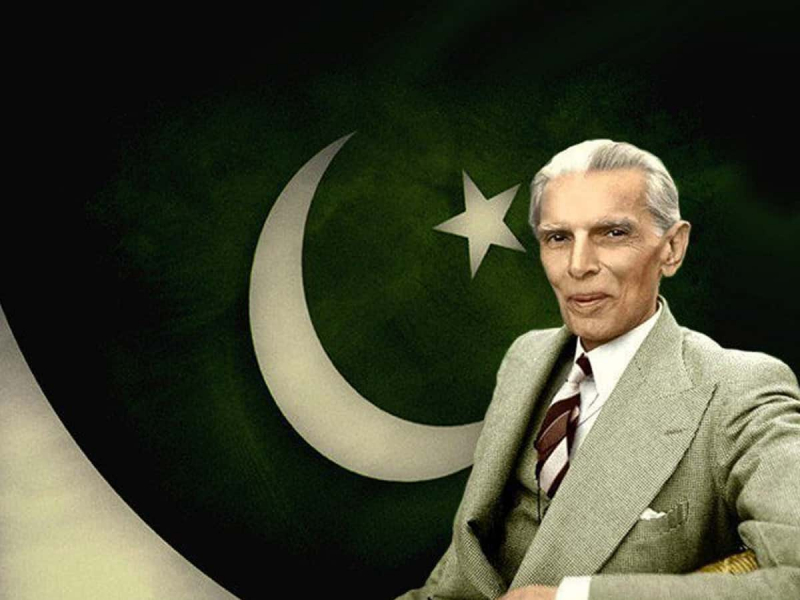Muhammad Ali Jinnah
Muhammad Ali Jinnah (25 December 1876 - 11 September 1948) was a Pakistani politician and barrister. Jinnah was the leader of the All-India Muslim League from 1913 until the establishment of Pakistan on 14 August 1947, and then as the first governor-general of the Dominion of Pakistan until his death. In Pakistan, he is known as the Quaid-e-Azam ("Great Leader") and Baba-e-Qaum ("Father of the Nation"). In Pakistan, his birthday is celebrated as a national holiday.
Jinnah was born at Wazir Mansion in Karachi and studied law at Lincoln's Inn in London, England. When he returned to India, he enrolled in the Bombay High Court and became interested in national politics, which eventually supplanted his legal practice. During the first two decades of the twentieth century, Jinnah rose to prominence in the Indian National Congress. Jinnah advocated Hindu-Muslim unity in his early political career, helping to shape the 1916 Lucknow Pact between the Congress and the All-India Muslim League, in which he had also become prominent. Jinnah rose to prominence as a key figure in the All-India Home Rule League, proposing a fourteen-point constitutional reform plan to protect Muslims' political rights in the Indian subcontinent. However, Jinnah resigned from the Congress in 1920 after it agreed to pursue a satyagraha campaign, which he saw as political anarchy.
By 1940, Jinnah had come to believe that the Muslims of the subcontinent needed their own state to avoid being marginalized in an independent Hindu-Muslim state. The Muslim League, led by Jinnah, passed the Lahore Resolution that year, calling for a separate nation for Indian Muslims. During the Second World War, the League grew in strength while Congress leaders were imprisoned, and it won the majority of the seats reserved for Muslims in provincial elections held shortly after the war. Finally, the Congress and the Muslim League were unable to reach an agreement on a power-sharing formula that would allow British India to be united as a single state following independence, leading all parties to accept the independence of a predominantly Hindu India and a Muslim-majority state of Pakistan.
As Pakistan's first Governor-General, Jinnah worked to establish the new country's government and policies, as well as to assist the millions of Muslim migrants who had emigrated from neighboring India to Pakistan following the two states' independence, personally supervising the establishment of refugee camps. Jinnah died in September 1948, at the age of 71, just over a year after Pakistan gained independence from the United Kingdom. In Pakistan, he left a lasting and well-respected legacy. Many streets, roads, and towns around the world are named after Jinnah. In Pakistan, several universities and public buildings bear Jinnah's name. Among the most important historical figures in Pakistan, Jinnah is still considered Pakistan's greatest leader, according to his biographer Stanley Wolpert.










